NOX: Impulses
'NOX: Impulses' is a public programme series that approaches Lawrence Lek's work from different perspectives. As part of their visit to the exhibition, visitors can participate in readings, presentations and discussions.
Lawrence Lek's NOX is a speculative tale of a near-future smart city in which artificially intelligent beings have developed a unique understanding of the world around them. Lek interweaves cinematic formats, gaming and locative sound with sinofuturistic imaginaries, Eastern and Western philosophies and globalised smart city processes to ask fundamental questions about the consequences of increasing automation.
Together with experts, researchers and practitioners from various fields, the ‘NOX: Impulses’ series approaches Lek's work from different perspectives. As part of your visit to the exhibition, we invite you to join in an exchange with our guests from academia and practice. After an impulse at the start of your visit to the exhibition, you can participate in a session of presentations, readings and discussions in the dome area of the building.
Participation in the impulses is free of charge with an exhibition ticket. Take a look at the overview of the impulses to plan your visit. Meeting point is at the entrance of the exhibition; please arrive at the beginning of your slot to participate.
Near-future Smart City with Anja Lüttmann (CityLAB Berlin)
Saturday, 2 December [15:30–17:00]
Lawrence Lek situates NOX in an unspecified near-future smart city in which sentient, artificially intelligent beings, namely the self-driving vehicles Enigma-76 and Vanguard-3181, form part of the urban fabric. Smart cities use advanced data collection and digital infrastructures to manage all aspects of urban life. Cities around the world are striving for smartness (see Orit Halpern's essay ‘Becoming Smart’) and in Berlin, smart city development is gaining ground. Yet a variety of technical, political and social processes are necessary for a transformation to a smart city—and public opinion on these developments ranges from enthusiastic support to apprehensive rejection.
Together with smart city designer Anja Lüttmann (CityLAB Berlin), we explore the exhibition and take a look behind the scenes of NOX's smart city. What does a smart future for our cities look like? And how might we be able to contribute to shaping it?
Anja Lüttmann is a smart city designer at CityLAB Berlin, where she focuses on the question of how cities can be digitally networked and made more liveable.
Choose Saturday, 2 December [15:30–17:00] in the ticket shop to participate in the event.
Training AI: How does artificial intelligence learn? with Prof Dr Wolfgang Wahlster (German Research Center for Artificial Intelligence (DFKI))
Thursday, 7 December [17:00–18:30]
NOX stands for Nonhuman Excellence. It is a training and therapy centre for sentient AI that has deviated from the path of maximum functionality determined by the fictitious Farsight Corporation. The centre offers holistic therapeutic approaches for body and mind as well as luxurious therapy packages depending on the NoxCoin budget—such as a therapy form that includes riding out with horse Dakota. All that happens at the centre is designed to restore "excellence", i.e. to overcome trauma and malfunctions of the self-driving vehicles and regain the greatest possible control over them.
What is presented in Lawrence Lek's NOX as a catalogue of therapeutic measures has concerned AI scientists since the early days of artificial intelligence. How can AI be "trained"? How do we ensure that artificial intelligence remains controllable for us humans and how do we behave when it decides to go its own way?
Prof Dr Wolfgang Wahlster is one of the leading minds in the field of artificial intelligence. He was the founding director of the German Research Center for Artificial Intelligence (DFKI) and is a member of the committee that awards the Nobel Prizes in Physics and Chemistry.
Choose Thursday, 7 December [17:00–18:30] in the ticket shop to participate in the event.
Eastern Futurisms with Charmaine Poh and Park Hye-in (AFSAR, Asian Feminist Studio for Art and Research)
Saturday, 9 December [15:30-17:00]
Lawrence Lek's Sinofuturism describes an imaginary world rooted in the industrialisation of China and the development of artificial intelligence. Since 2016, the artist’s explorations have taken on various formats, including films, games, installations and soundtracks, questioning, among other things, how nonhuman actors can be granted agency and sovereignty. Some of the key approaches to Sinofuturism come from millennia-old East Asian philosophy or Buddhist teachings. Guanyin, an AI therapy bot assisting self-driving cars in overcoming their crises, is named after the Buddhist goddess of compassion. In another part of the exhibition, Enigma-76 muses on the transience of the body and the endurance of the soul in reference to Buddhist philosophies.
Together with Charmaine Poh and Park Hye-in from the Asian Feminist Studio for Art and Research, we explore and unpack some of these references to East Asian philosophical thought, including the work of Hong Kong philosopher Yuk Hui.
Charmaine Poh is an artist based in Berlin and Singapore working in the fields of media, moving image and performance. Park Hye-in is a curator and artistic researcher based between Berlin and Seoul. In her work, she focuses on exploring manifestations and discourses prevalent in East Asian contemporary art under the influence of technological, social and political landscapes.
Choose Saturday, 9 December [15:30–17:00] in the ticket shop to participate in the event.
Producing NOX with Alexis Convento and Harriet Collins (LAS Art Foundation)
Wednesday, 13 December [15:30-17:00]
NOX is Lawrence Lek's most extensive and ambitious exhibition to date. Spanning three floors of a former department store in Berlin-Charlottenburg, the exhibition is a cinematic landscape on an architectural scale, guiding visitors through a narrative of sentient AI using locative sound. Lek employs various media, including audio, video and game design to bring the fictional world of NOX to life and create an immersive experience that interweaves physical space and speculative narrative.
The exhibition NOX emerged from Lawrence Lek’s vision and was developed in collaboration with various creators, including set designer Celeste Burlina, spatial sound system developers usomo, and game designers Panama Papers Office and Guillaume Roux (the full team list can be found here). In this impulse, LAS project manager Alexis Convento and producer Harriet Collins provide insights into the creation of this site-specific project, the particularities of an immersive exhibition in historic architecture and the challenges and potentialities of presenting media art.
Alexis Convento and Harriet Collins are part of the production team of the LAS Art Foundation and together oversaw the development of NOX.
Choose Wednesday, 13 December [15:30-17:00] in the ticket shop to participate in the event.
Cinema by Other Means with Prof Kathi Kæppel (Berlin University of the Arts)
Thursday, 4 January 2024 [17:00-18:30]
Lawrence Lek's NOX is part of the artist's Sinofuturistic cinematic universe, which he has been developing since 2016 in the form of films, games, installations and soundtracks. Lek ties in with a relatively young tradition of artistic animation and cinematic forms that has its roots in the ‘Expanded Cinema’ (Youngblood 1970) [1] of the 1960s and is characterised by increasing permeability between film, animation, physical and virtual space and the possibilities of a fourth dimension. The omnipresent dissemination and repositioning of the moving image is not only accompanied by the blurring of media boundaries, but also by a merging of media spaces and real-world surroundings, everyday reality and media-mediated narratives. With the cinematic assemblage NOX, Lek has created an immersive exhibition on an architectural scale in which visitors become part of a speculative near-future and shape the narrative through their individual movements in space. The 'Expanded Field' (Krauss 1979) [2], within which the animation in NOX unfolds, becomes a field of tension defined by the contrast between three-dimensionality and two-dimensionality, a manifestation of the oppositions of installation and film.
Kathi Kæppel will elaborate the unique forms of cinematic storytelling Lek employs in NOX. How does a cinematic experience change when it unfolds across spatial and sonic realms? How are game engines changing film and video production?
Prof Kathi Kæppel teaches and researches as a visiting professor for the design of the moving image at the Berlin University of the Arts.
Choose Thursday, 4 January 2024 [17:00-18:30] in the ticket shop to participate in the event.
[1] Youngblood, Gene (1970). Expanded Cinema, New York: Dutton/ London: Studio Vista.
[2] Kraus, Rosalind E. (1979). Sculpture in the Expanded Field. In: October 8, p. 33, reprinted in: The Originality of the Avant Garde and Other Modemist Myths, Cambridge/MA 1985, S. 276-290.
Hacking the Smart City—Cyberfeminist Resistance with Maja-Lee Voigt (Leuphana University Lüneburg)
Tuesday, 9 January 2024 [15:30-17:00]
Who or what is behind NOX? A possible answer: the fictitious company Farsight Corporation, a global empire of smart technologies pursuing the expansion and control of its artificially intelligent products. The corporate network spans a range of industries, including entertainment, hospitality and finance, and is also present in the smart city housing the NOX rehabilitation centre. As Orit Halpern writes in her essay ‘Becoming Smart’, today's developments towards smart cities are often driven by corporate interests, orchestrated by large technology conglomerates and based on speculative capital. Under the guise of a supposedly more liveable future for all, these processes often reproduce repressive standards and marginalising structures against members of urban society outside a constructed ‘norm’ of gender, race or class.
With Maja-Lee Voigt from the Centre for Digital Studies at Leuphana University Lüneburg, we ask about the possibilities of resistance. How can we counter developments capable of turning the smart city into a place of algorithmic oppression? And how can we ensure that the smart city, this future-oriented idea of urban life, belongs to us all?
Maja-Lee Voigt is an urban researcher, doctoral candidate at Leuphana University Lüneburg and co-founder of the interdisciplinary urban research collective Actors for urban Disobedience (Akteurinnen für urbanen Ungehorsam) in Hamburg.
Choose Tuesday, 9 January 2024 [15:30-17:00] in the ticket shop to participate in the event.
Biographies
06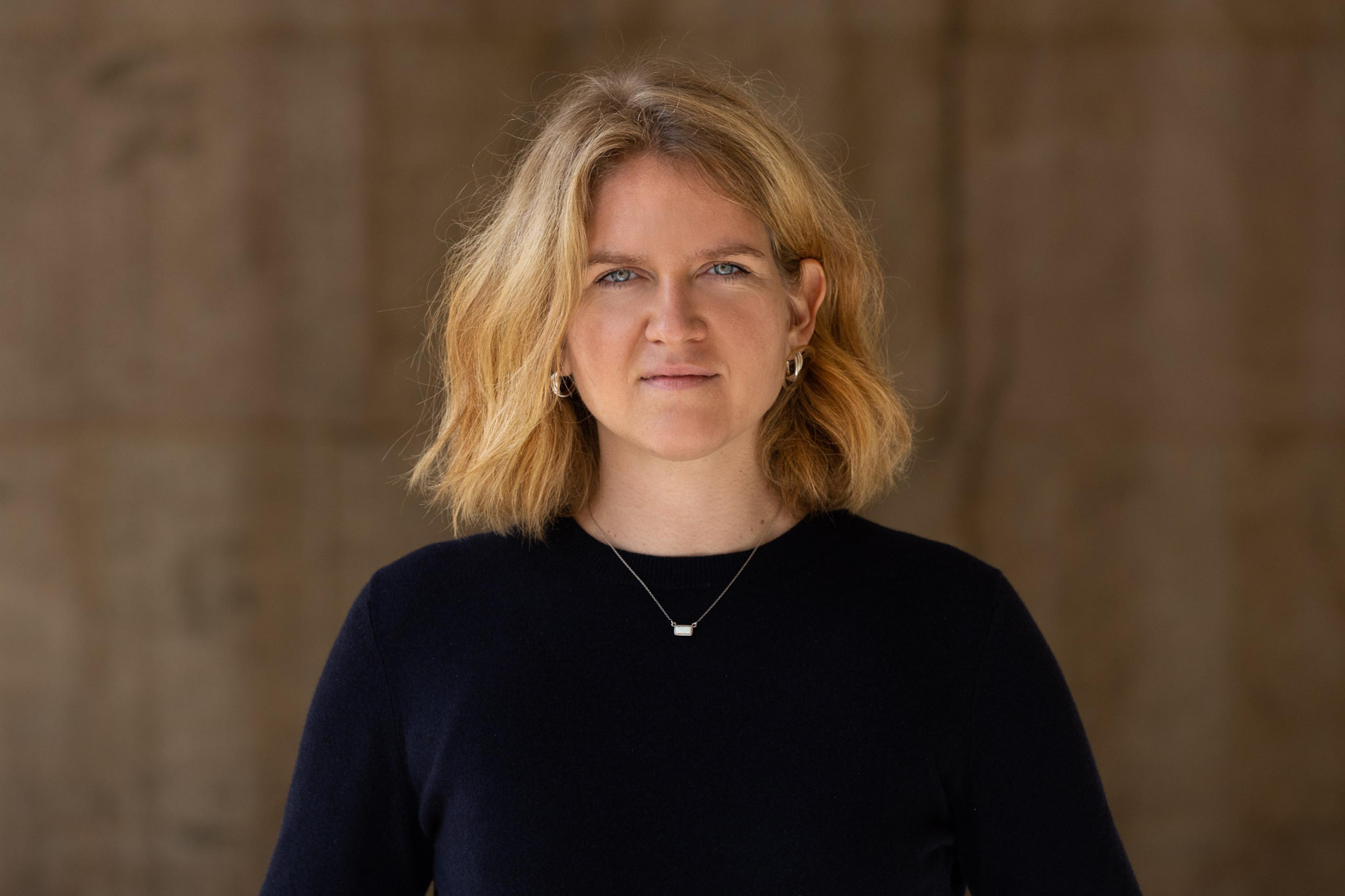
Anja Lüttmann
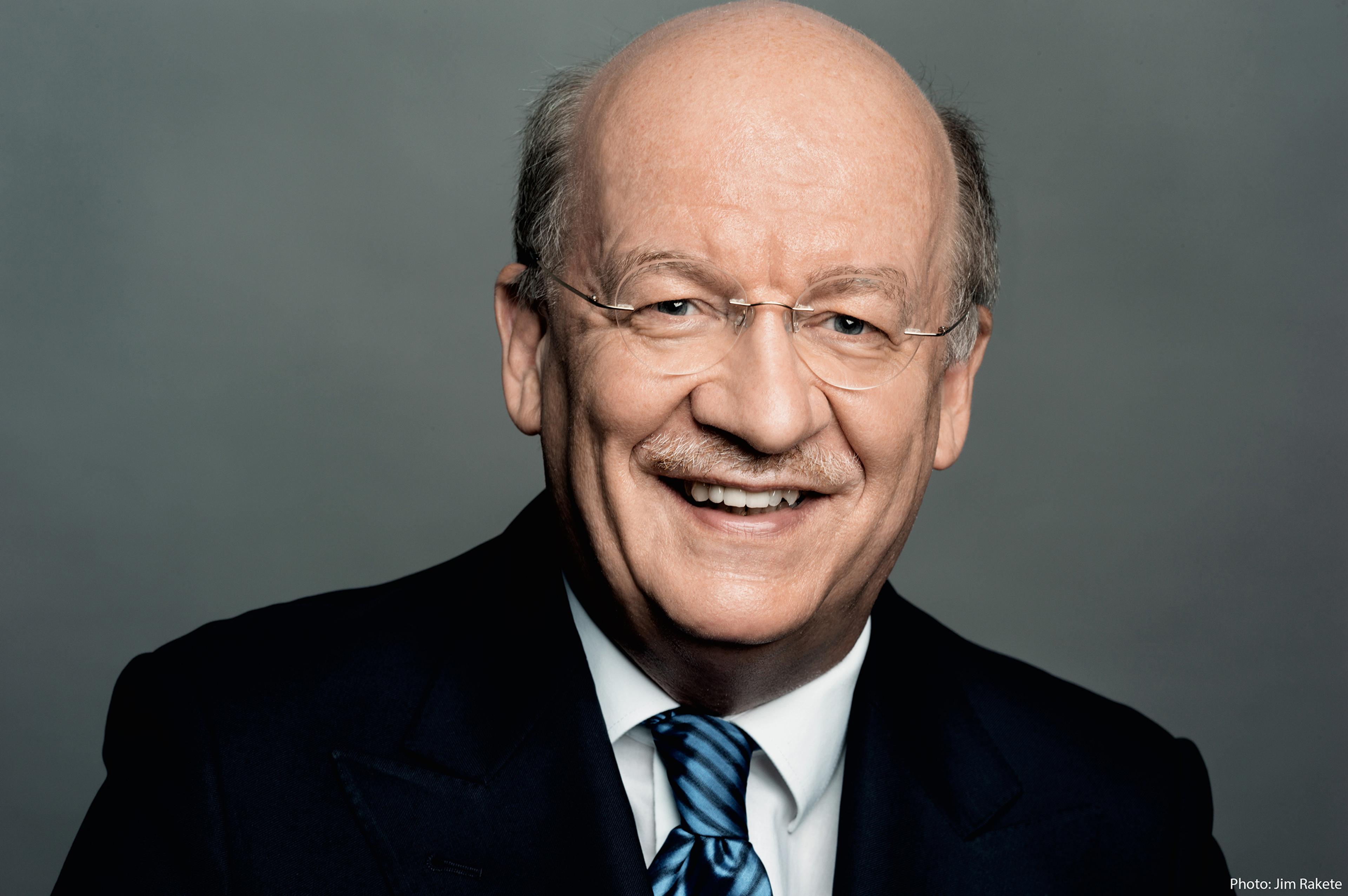
Prof Dr Wolfgang Wahlster
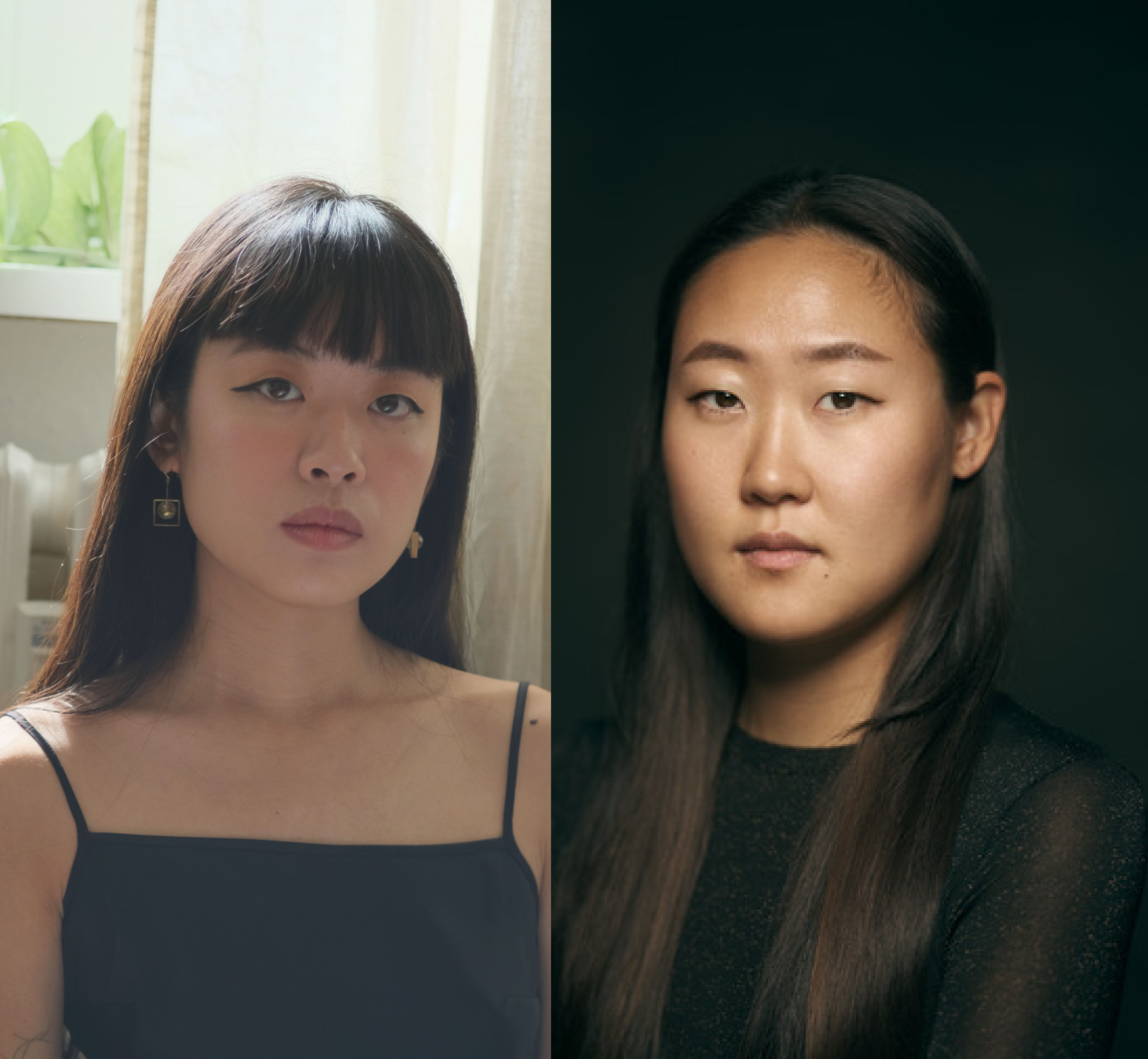
Charmaine Poh and Park Hye-in
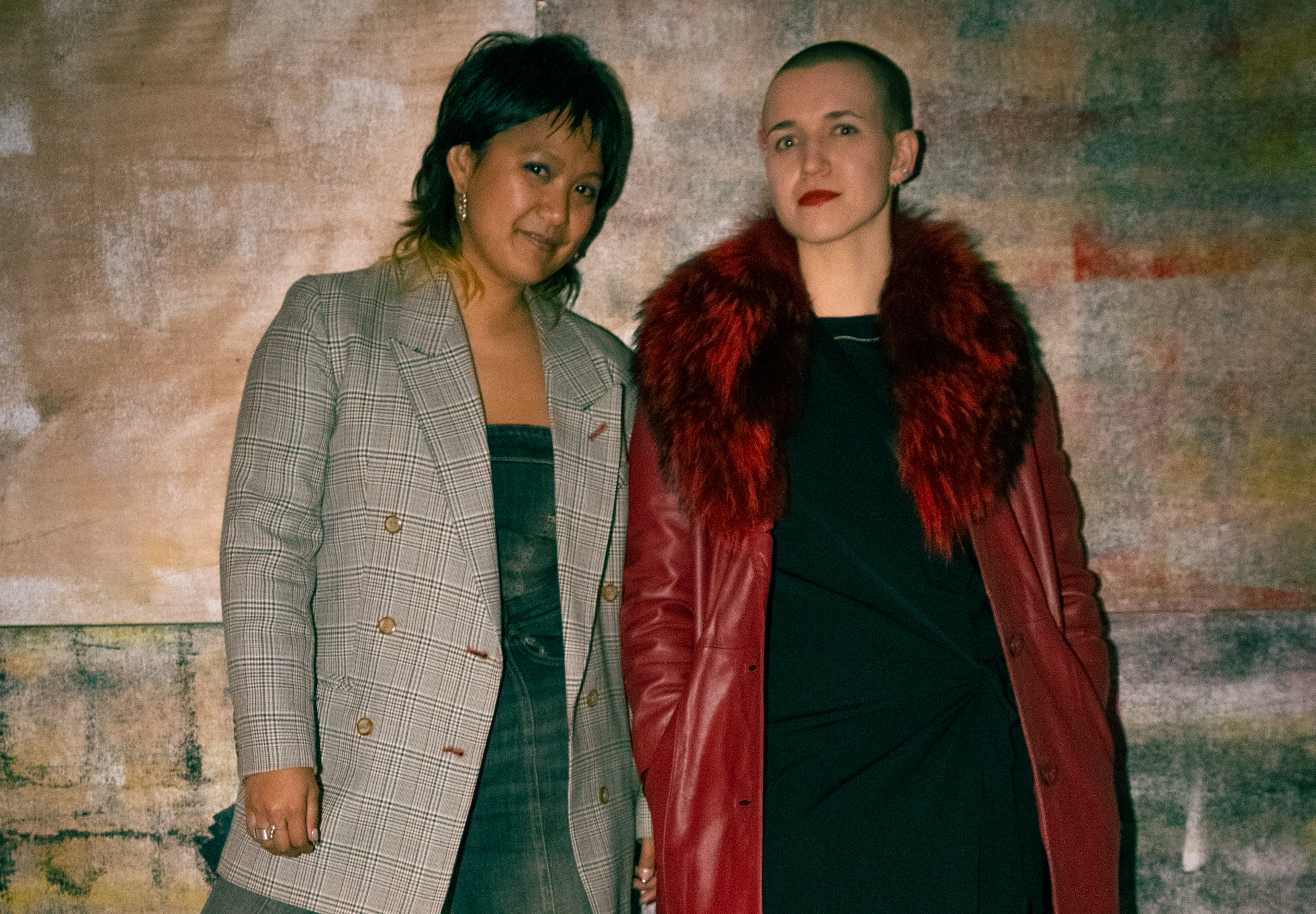
Alexis Convento and Harriet Collins
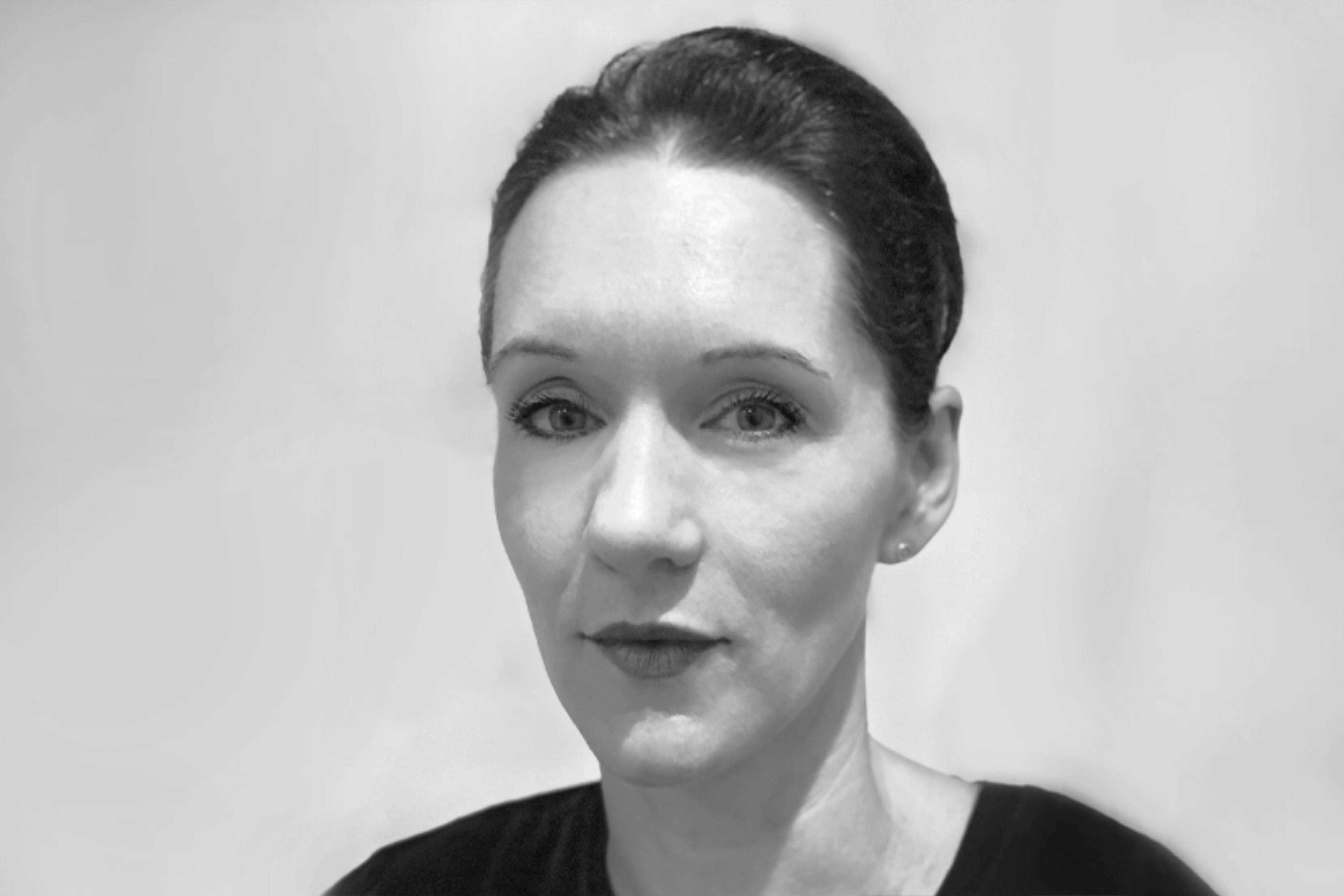
Prof Kathi Kæppel

Maja-Lee Voigt